
Know Your Enemy: Tucker Carlson’s Phases and Stages
Matt and Sam talk to Jason Zengerle about his new book, Hated by All the Right People: Tucker Carlson and the Unraveling of the Conservative Mind.


Matt and Sam talk to Jason Zengerle about his new book, Hated by All the Right People: Tucker Carlson and the Unraveling of the Conservative Mind.

Matt and Sam discuss Venezuela, Greenland, and the “Donroe Doctrine” with the Progressive International’s David Adler and Matt Kirkegaard.

Matt and Sam talk to Robert Draper about his reporting from the Capitol on January 6, 2021, and how the Republican Party “lost its mind” in the months that followed.

A conversation with Kate Wagner about Trump’s White House ballroom project and the politics of architecture.
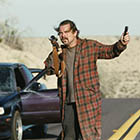
Matt and Sam are joined by Know Your Enemy’s intrepid producer, Jesse Brenneman, to discuss the recent film One Battle After Another.
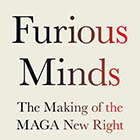
Matt and Sam talk to Laura K. Field about her new book, Furious Minds: The Making of the MAGA New Right.
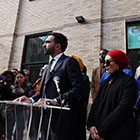
Matt and Sam talk to Peter Beinart about Zohran and Islamophobia, Jews and antisemitism, the genocide in Gaza, and more.

Matt and Sam are very worried.

Matt and Sam read Charles Murray’s 2012 book, Coming Apart: The State of White America, 1960–2010.

Matt and Sam discuss the Charlie Kirk memorial service/MAGA rally with Pat Blanchfield.

Matt and Sam talk to Osita Nwanevu about his new book, The Right of the People: Democracy and the Case for a New American Founding.

Matt and Sam interview Daniel J. Flynn about his new book The Man Who Invented Conservatism: The Unlikely Life of Frank S. Meyer.
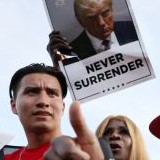
Matt and Sam talk with Daniel Martinez HoSang about the gains the GOP and Trump are making with racial minorities.
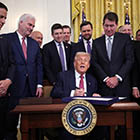
Matt and Sam answer listener questions about Trump, Judaism and Catholicism, bourbon, literature, and more.

Matt and Sam talk to Sam Tanenhaus about his long-awaited biography of William F. Buckley Jr.